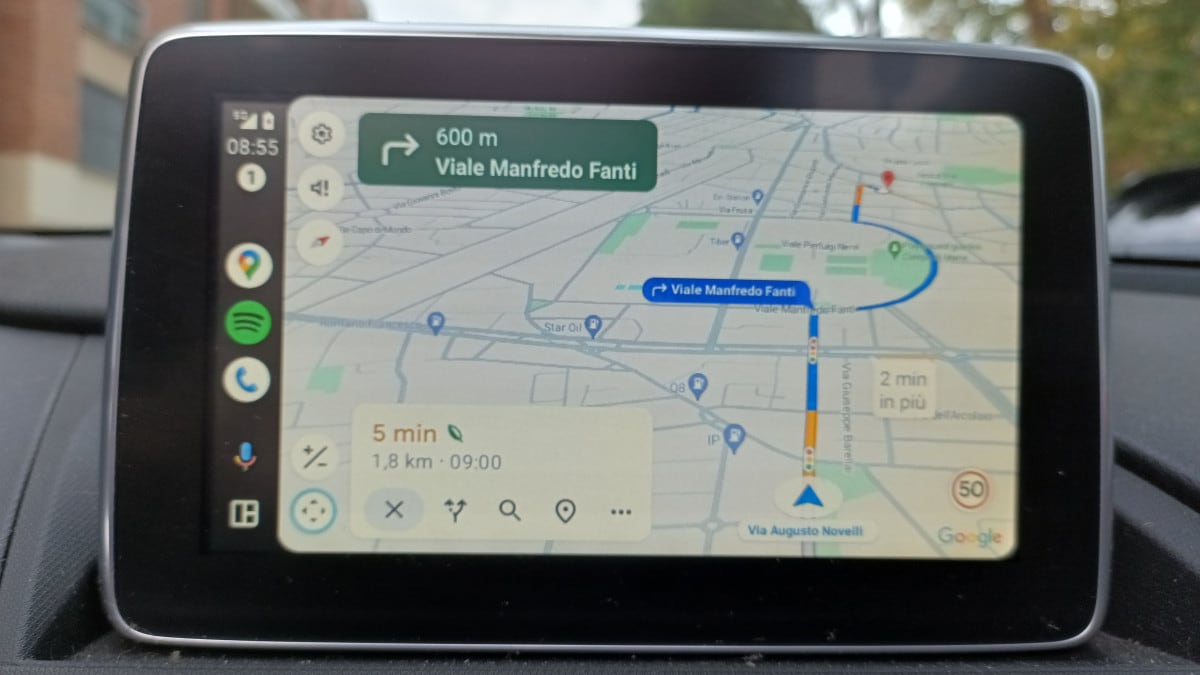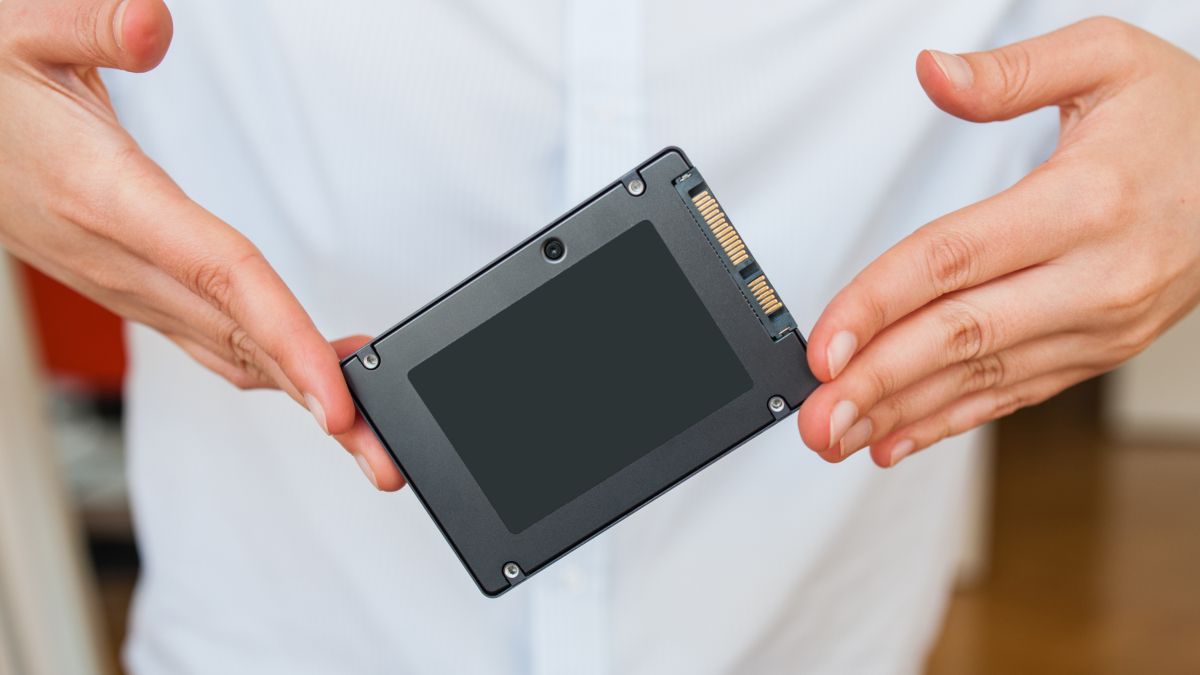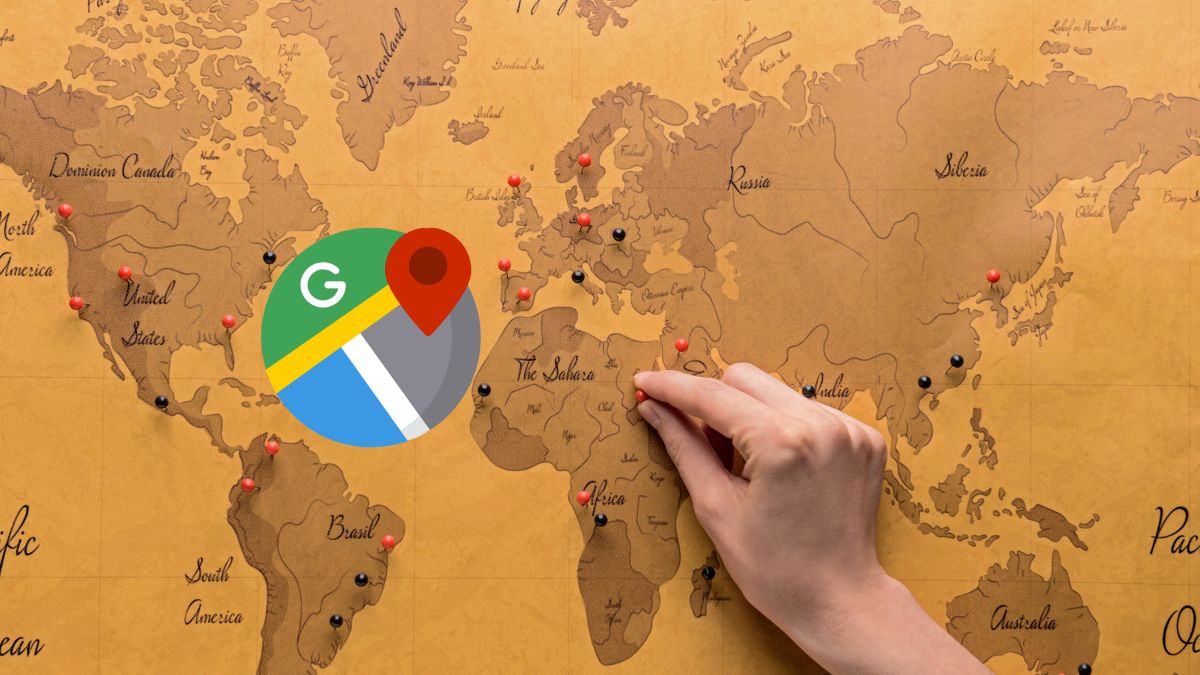Google Maps and displaying speed bumps: who wouldn’t like that?

Google Maps is a daily point of reference for millions of users who have to get around by any means, whether from Android smartphones, iPhones or other platforms.
The popularity of Google Maps obviously implies a great responsibility for Google, which passes through the continuum software support and introduction of new features for users. And precisely in terms of news there are some interesting details regarding the future of Maps.
From the distance Punean Indian city of almost 7 million inhabitants, there are rumors indicating future Maps support for visualization of speed bumps. This display would therefore allow you to know in advance if there are bumps on the stretch of road you are traveling on.
By speed bumps we obviously mean the tool put in place on roads where it is necessary to keep a moderate top speed, perhaps due to the presence of pedestrian crossings, schools or particularly dense areas. This is obviously a excellent deterrent for those who do not respect speed limits, but also for a potential danger for inattentive drivers, especially for motorcyclists who could be dangerously unbalanced when crossing the speed bump.
With the ability to view the presence of a speed bump in real time, Maps it would be the first mapping and navigation service to offer similar information. Furthermore, this way Maps would take on the role of signalman of the expected slowdown, contributing positively to road safety.
On a conceptual level it is all very positive. From the point of view practical exists more than a question. In fact, it remains to be understood how they should be managed visualizations of road bumps in real time, especially considering that they are not always permanent on our roads. We reiterate that at the moment it is a hypothesis that could materialize in India, we will see if there is hope of seeing it in our area too.



